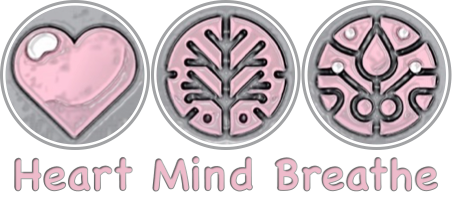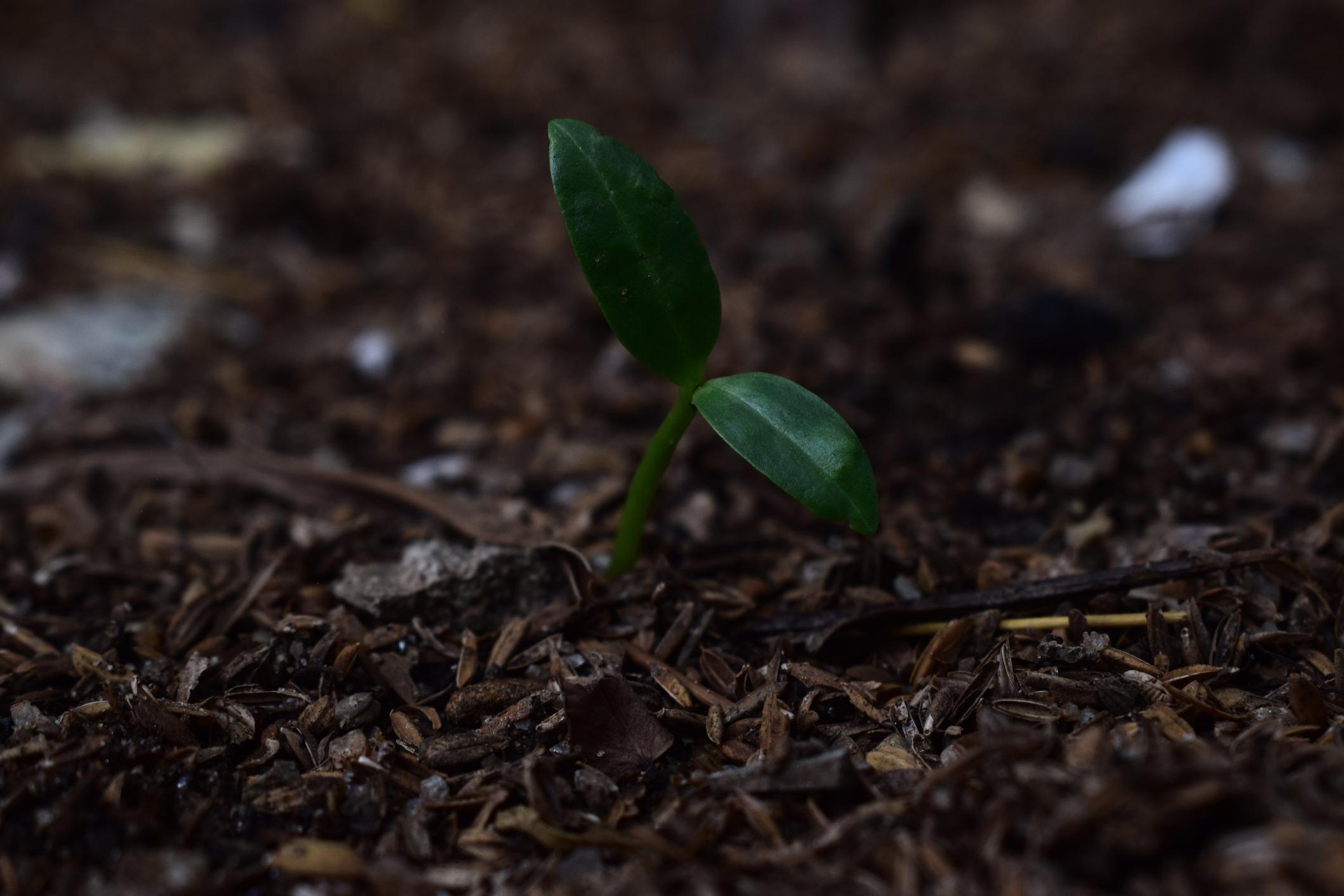The millimetres mean more than the miles
We often imagine change as something dramatic. A sweeping transformation. A moment where everything shifts at once through a bold decision. But in lived experience, change is rarely like that. It’s quieter and smaller. It can be almost imperceptible. Perhaps a millimetre shift.
Maybe the millimetres matter more than the miles.
Meaningful movement in our inner life happens in tiny increments. A slight softening in the shoulders, a moment of noticing rather than spiralling, a half-breath of awareness, a quiet choice to pause instead of push. These are not grand gestures. They’re millimetres. And they accumulate.
In continuing to explore trauma-informed spaces over the past few years, I often find myself coming back to something TRE teacher Steve Haines once said: “the quickest way to heal trauma is to go slowly.”
This is because in trauma and emotional overwhelm, the nervous system doesn’t respond to big leaps; it responds to the smallest possible foothold. Sometimes that’s just a point of steadiness in the storm, or a sensation that feels even slightly less threatening, or a breath that opens things by a fraction. Even if we can only touch that anchor for a second, that second matters.
Many people discover that trying to force calm only creates more tension. In my own practice, I began to notice how quickly the system could tighten when there was even a subtle push to settle or fix what was happening. Over years of working with these practices, what became clear to me was that support often arrives through something much smaller and more understated.
In moments when things inside feel chaotic or flooded, the most helpful anchor is often subtle.
It might be the faint feeling of feet on the floor, the weight of the body in the chair, or the movement of a single breath. Not a profound grounding or a wave of relief, just the smallest point of contact. It can often only be touched for a second or two before attention is pulled away again.
This kind of noticing doesn’t happen by accident. It develops through the gentle, repeated training of awareness, through returning attention to small, embodied moments again and again over time, until the nervous system begins to recognise them as familiar ground.
Even a second of contact matters. Touching it, losing it, and then touching it again, this small rhythm begins to show the nervous system that some ground is still there, even briefly. Over time, that point of contact becomes something more reliable to return to, because even though the storm hasn’t disappeared, we begin to learn where our ground is.
This is the kind of capacity we begin to build, gently and step by step, inside the 7-week SIT course, where we explore cultivating capacity through different spheres of awareness, including the body, thoughts, emotions, the senses, and self-compassion.
*
*
*
*
We often overlook these micro‑shifts because they don’t feel impressive. They don’t announce themselves. They don’t give us the satisfaction of saying, “Look, I’ve changed.” But they are the change. They’re the quiet repatterning of how we meet our experience.
It might be the faint feeling of feet on the floor, the weight of the body in the chair, or the movement of a single breath. Not a profound grounding or a wave of relief, just the smallest point of contact.
None of these moments look like much on their own. But over time, they begin to alter the trajectory. A one degree shift in direction doesn’t look like anything at the start. Walk far enough, though, and you end up somewhere entirely different.
This is why mindfulness, or any embodied practice, can be so powerful. It teaches us to value what is subtle and to trust what is small. Over time we begin to recognise that the nervous system doesn’t transform through force, but through repetition, through these small, compassionate nudges.
The miles are made of millimetres.
And the millimetres are where real change happens.
When we stop waiting for the big breakthrough and start honouring the small ones, something softens. We stop treating ourselves like a project to be fixed and begin relating to ourselves as a process to be tended.
This is where real change begins, not in dramatic leaps, but in the quiet, steady accumulation of millimetres.



